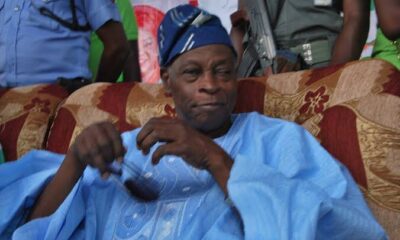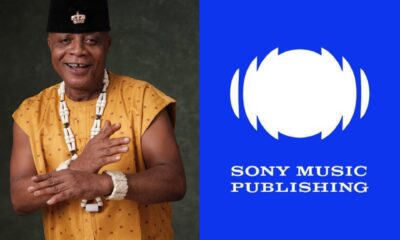EDITORIAL
DEMOCRACY DAY: June 12 and the Unfinished Business of Nigeria’s Democracy
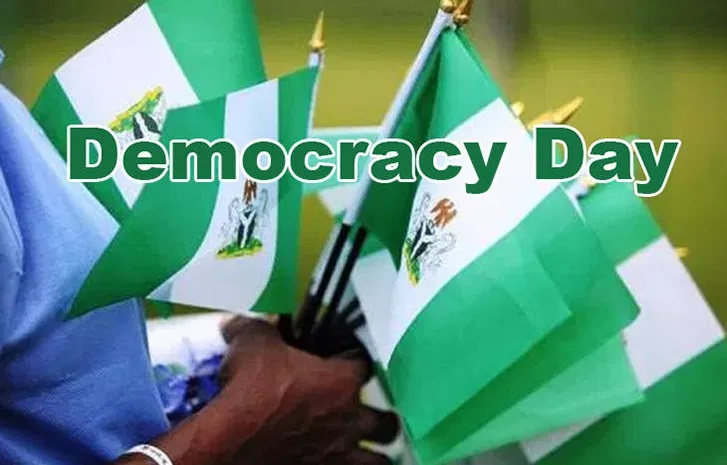
Every June 12, Nigeria pauses to remember a moment that has come to symbolize the nation’s democratic aspiration—the 1993 presidential election presumed to have been won by Chief Moshood Kashimawo Olawale (MKO) Abiola, but unjustly annulled by the military regime of General Ibrahim Babangida. Declared the freest and fairest election in Nigerian history, June 12 has come to represent not just the struggle for democracy, but also the resilience of a people who refuse to be silenced by authoritarianism.
In 2018, the Muhammadu Buhari administration recognized June 12 as Nigeria’s official Democracy Day, supplanting the May 29 handover anniversary. This act was hailed as a long-overdue gesture of justice. But as we mark yet another June 12, a difficult question persists: Has Nigeria truly internalized the values that June 12 represents, or has the day become just another ceremonial ritual in our calendar of national holidays?
Despite 25 years of uninterrupted civilian rule, Nigeria remains in the grip of a political elite that is more obsessed with power than with governance. Elections are still marred by voter suppression, ballot manipulation, and the commercialization of votes. The democratic process has been reduced to a transactional contest rather than a vehicle for popular representation. The spirit of June 12—defined by citizen participation, free expression, and political accountability—stands at odds with the lived reality of most Nigerians.
Nigeria’s legislature remains largely subservient to the executive, the judiciary is plagued by allegations of compromise, and press freedom is under siege. Civil society, once vibrant, now struggles against shrinking civic space and increasing intolerance from state actors. The true test of democracy lies not in periodic elections, but in how well institutions work to check excesses, protect rights, and deliver justice. On these fronts, Nigeria continues to falter.
The Legacy of MKO Abiola: Forgotten or Fulfilled?
MKO Abiola’s campaign was not just about becoming president; it was about building a Nigeria that worked for everyone, regardless of ethnicity, religion, or class. His slogan, “Hope ’93”, was aspirational, offering a blueprint for national unity and development. That dream remains deferred.
Successive governments have done little to actualize the inclusive vision Abiola stood for. The growing inequality, worsening poverty, ethnic tensions, and deepening insecurity have turned the promise of democracy into a paradox. How can we celebrate democracy when over 130 million Nigerians live in multidimensional poverty? How do we honour June 12 when dissent is criminalized, when the youth—who led the #EndSARS movement in the spirit of democratic protest—are met with bullets and detention?
Declaring June 12 as Democracy Day was a symbolic victory, but Nigerians need more than symbolism. The substance of democracy lies in jobs, security, functional education, and accountable leadership. It lies in the freedom to speak without fear, to assemble without violence, and to vote without coercion.
As we commemorate this day, it is time for an honest national reckoning. June 12 should not merely be a nostalgic nod to the past but a rallying cry to demand real democratic dividends. It is time to revive the hope that drove millions to the polling booths in 1993. Not hope built on empty promises and propaganda, but hope grounded in action, policy, and institutional reform.
Today’s youth must reclaim June 12, not as a date in history but as a call to conscience. They must see in it the opportunity to build a Nigeria that MKO Abiola dreamed of—a Nigeria governed by ideas, not identities; a nation driven by justice, not jungle politics.
Political apathy, cynicism, and despair must give way to engagement, innovation, and vigilance. Democracy is never given—it is won, protected, and deepened. If June 12 taught us anything, it is that the will of the people, though delayed, can never be denied indefinitely.
As we hoist the national flag this Democracy Day, let us not be deceived by ceremonial speeches or performative tributes. The true honour to June 12 lies in confronting the contradictions of our democracy and in demanding its substance—not just its shadow. The journey is far from over; the business of democracy in Nigeria is still unfinished.
Discover more from Asiwaju Media
Subscribe to get the latest posts sent to your email.
-

 SPORTS7 days ago
SPORTS7 days agoCristian Chivu Appointed Inter Milan Head Coach After Inzaghi’s Exit
-
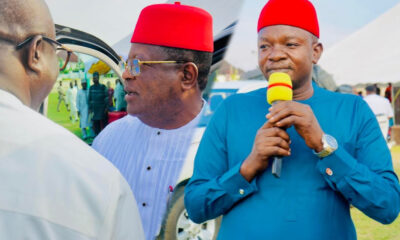
 NEWS4 days ago
NEWS4 days agoUmahi, Nwali Celebrate Eid el-Kabir with Muslim Faithful in Ebonyi State
-
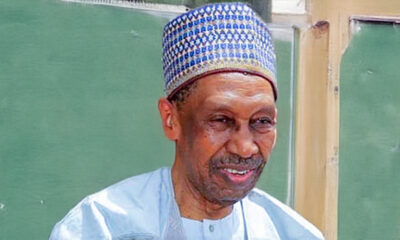
 NEWS7 days ago
NEWS7 days agoFormer Chief Justice of Nigeria, Mohammed Uwais, Dies at 89
-

 POLITICS7 days ago
POLITICS7 days agoPDP Urges Peter Obi To Return To Party Ahead Of Elections
-

 ENTERTAINMENT7 days ago
ENTERTAINMENT7 days agoPastor John Anosike Prophesies Davido Will Become President and Unite Nigeria
-
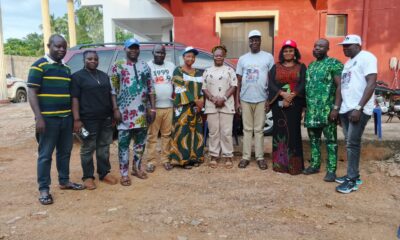
 POLITICS4 days ago
POLITICS4 days agoC-Sagas Foundation Visits Dr. Nwode, Reaffirms Grassroots Commitment
-
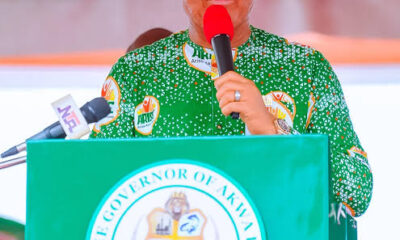
 NEWS7 days ago
NEWS7 days agoGovernor Umo Eno Officially Defects To APC, Cites Need To Align With Federal Government
-

 ENTERTAINMENT7 days ago
ENTERTAINMENT7 days agoPastor Tobi Adegboyega Reveals His Battle with Cancer , Donates £100,000 For Treatment Awareness
-
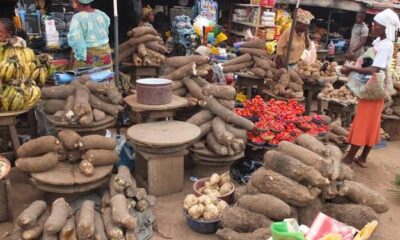
 NEWS7 days ago
NEWS7 days agoRising Food Prices Dampen Eid-el-Kabir Celebrations Across Nigeria
-
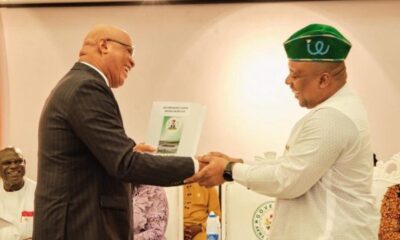
 NEWS7 days ago
NEWS7 days agoAkwa Ibom Commissioner, Ini Ememobong Resigns From Cabinet After Governor Umo Eno Defects To APC
-

 SPORTS7 days ago
SPORTS7 days agoVictor Osimhen Rejects €35M Saudi Offer, Set To Stay In Europe
-
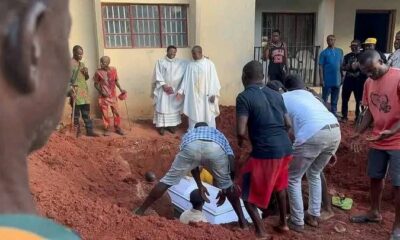
 NEWS5 days ago
NEWS5 days agoWhy we buried Ejeagha 24hrs after death – Family

